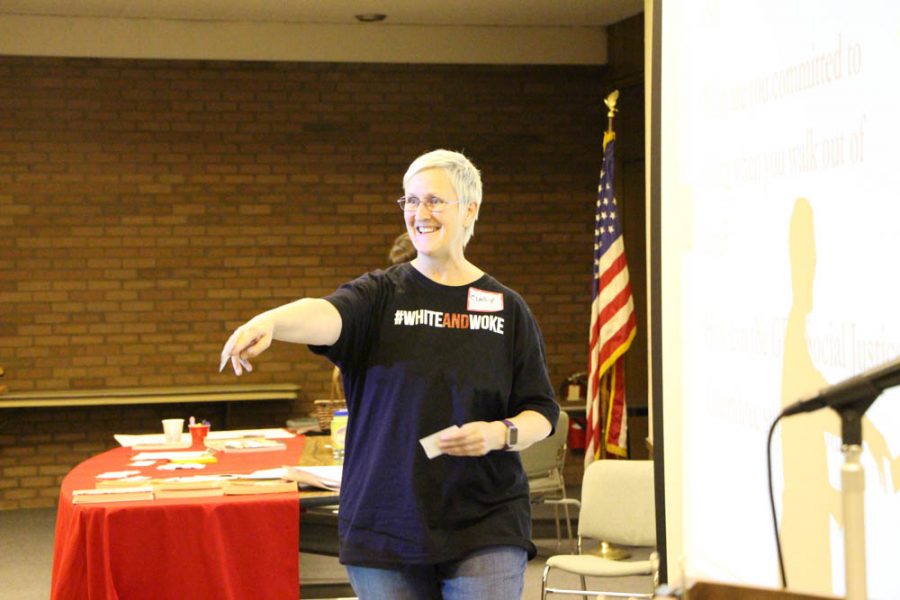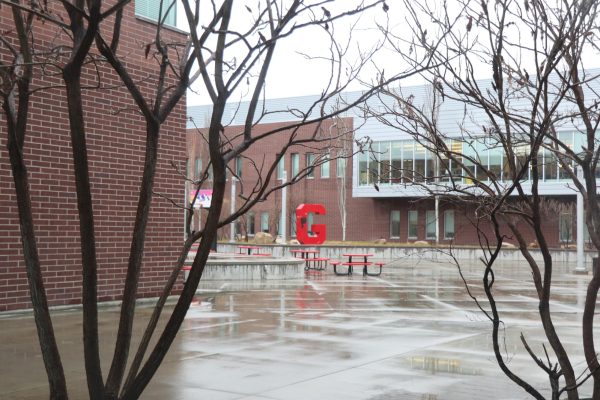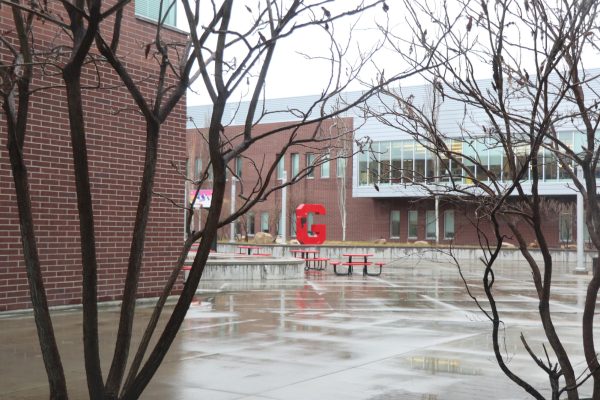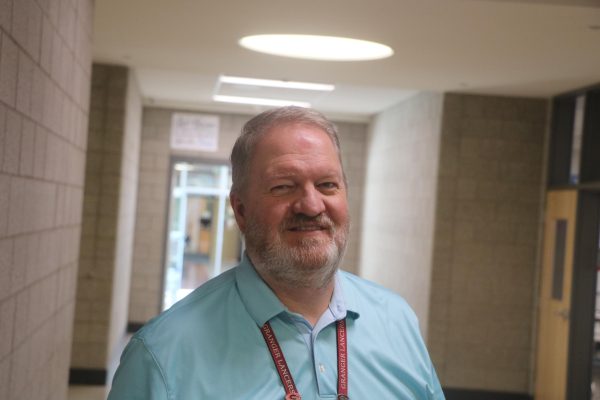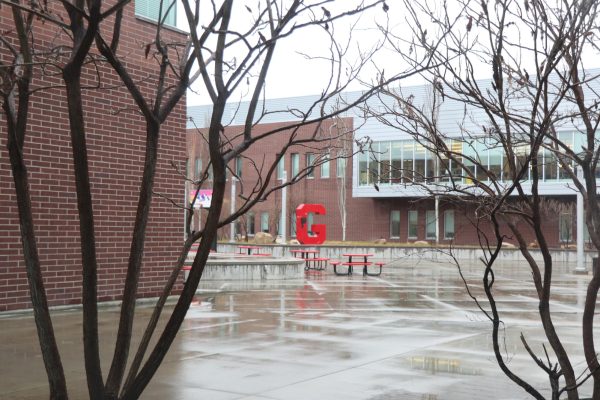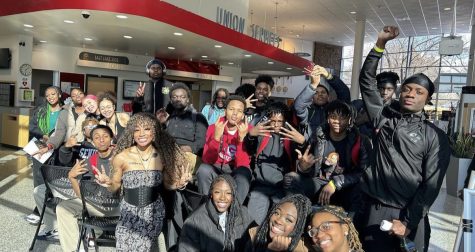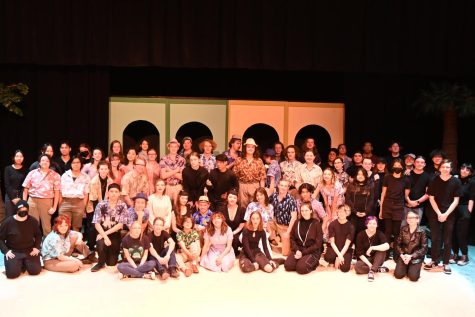Social justice is discussed at Granite Education Association meeting
AT THE GEA building in Murray, representatives and teachers held a meeting regarding social justice within the Granite School District.
Their topics of discussion revolved around justice for students that are classified in minority groups. Students who experience homophobia, classism, ableism, racism, etc. are in position to be recognized and aided by teachers.
The GEA staff has been evaluating methods to create stronger relationships with students within these classifications.
Methods such as creating a safe and comfortable environment for the student to speak, showing a teacher’s own personal interest, and treating those in need of help with respect instead of belittlement.
“It is like watering a garden, it only grows if you water it,” Eddie Berest, the guest speaker, said. The committee had shown exceptional ideas towards the building of relationships with out-casted students.
Caren Burns, an attendee on the GEA board stated her recent high number of students that had revealed their sexual identity to her. Because of this, she had recognized the toxic homophobia that had been spread around the student’s life, and she knew that it was unjust.
Children like this are exposed to potential suicidal thoughts. However, teachers are well positioned to prevent the bullying. This discussion lead to questions about the consequences for praising homosexuality in Utah’s public schools. The rules are clear, and teachers can be disciplined or fired for what they say regarding sex or sexuality.
This law is yet again bashing diversity amongst kids, causing a tidal wave of depression in these young minds. Not only are the students vulnerable for attention, teachers are at risk with the law if they decide to speak upon the issue.
“I became a teacher specifically for social justice reasons. When I was 18, I learned that math was the gatekeeper,” Michael Jones, a teacher at Cyprus, said. “It is extremely easy to forget the roots to your reason for teaching after years of being in the system. Your personal life can distract you from your students’ conflicts, as well,” Jones said.
Teachers have a vital struggle between decision making in their personal lives and the lives of other students. “I am an ESL teacher at Woodrow Wilson. The diversity is immense. With our high population of refugee students, the abundance of languages in the classroom is overwhelming,” Taylor Layton said.
“I implement social justice in my classroom by introducing the outside world to my students. Talking about the Black Lives Matter movement to a bunch of third graders is a subject I believe should be discussed about to any age group. Difference is not something we should not only accommodate, but comprehend that it will bring a positive value to the classroom. However, I’m a resource teacher, so I’m not familiar with the environment in other courses. For teachers looking to engage with their classes, they should learn to have more involvement with their students, get to their core,” Layton said.
At this GEA-sponsored meeting about social justice in the classroom, the teachers introduced new ideas in connection with their students, and they showed deep affection towards the personal lives of their students. Homophobia and racism in the classroom were definitely the topics the committee paid the most attention to.



